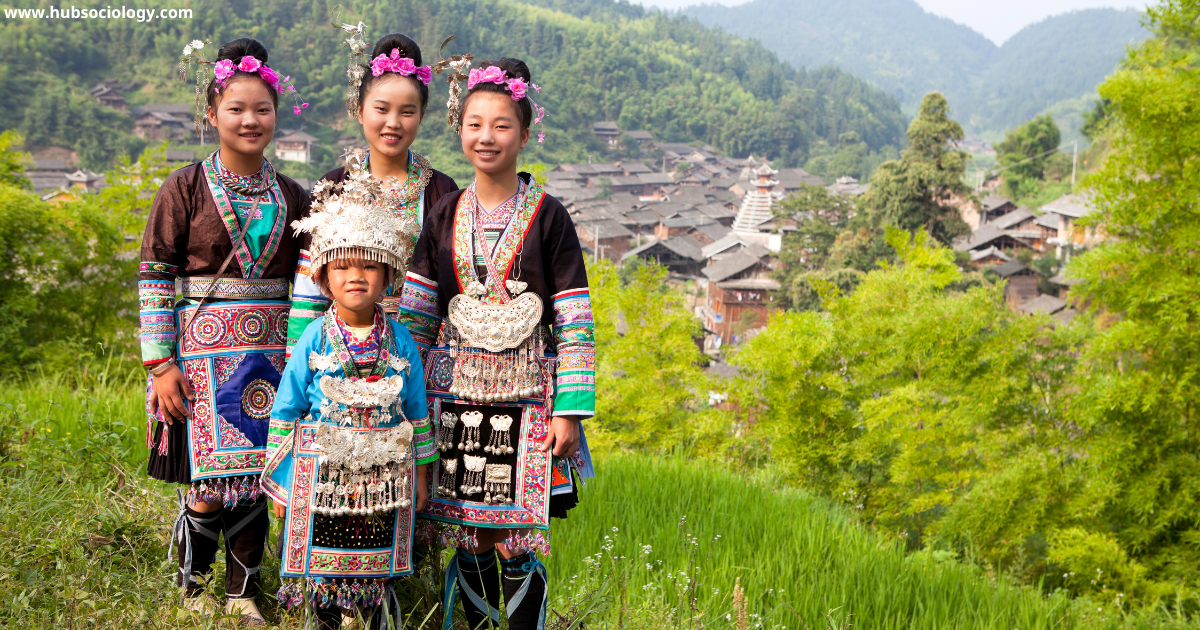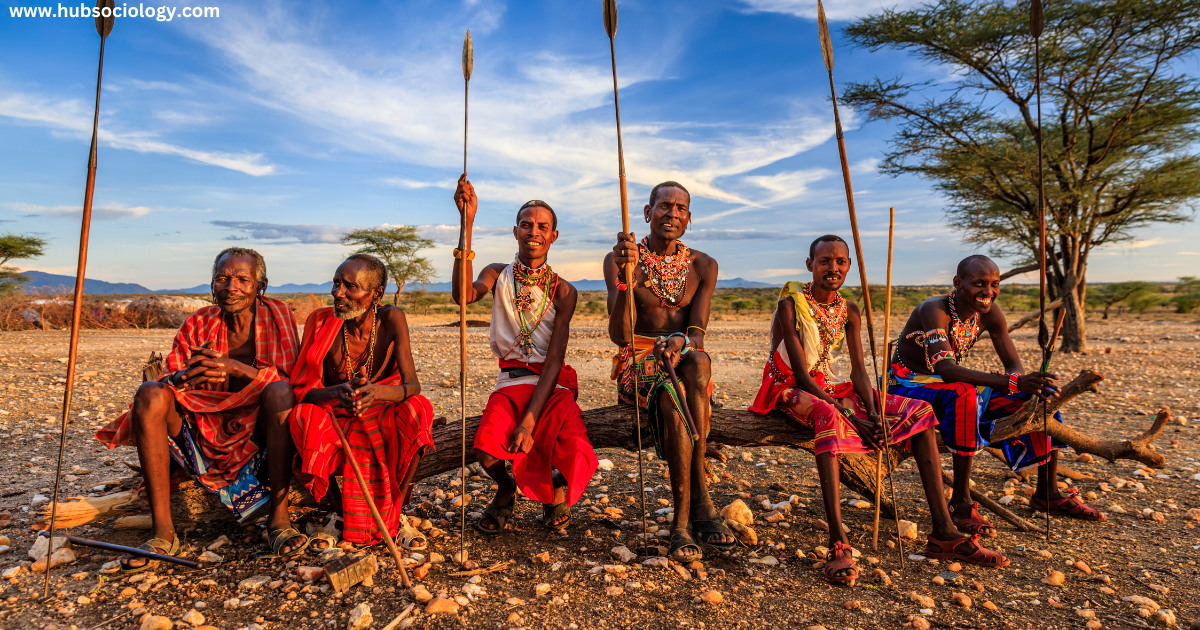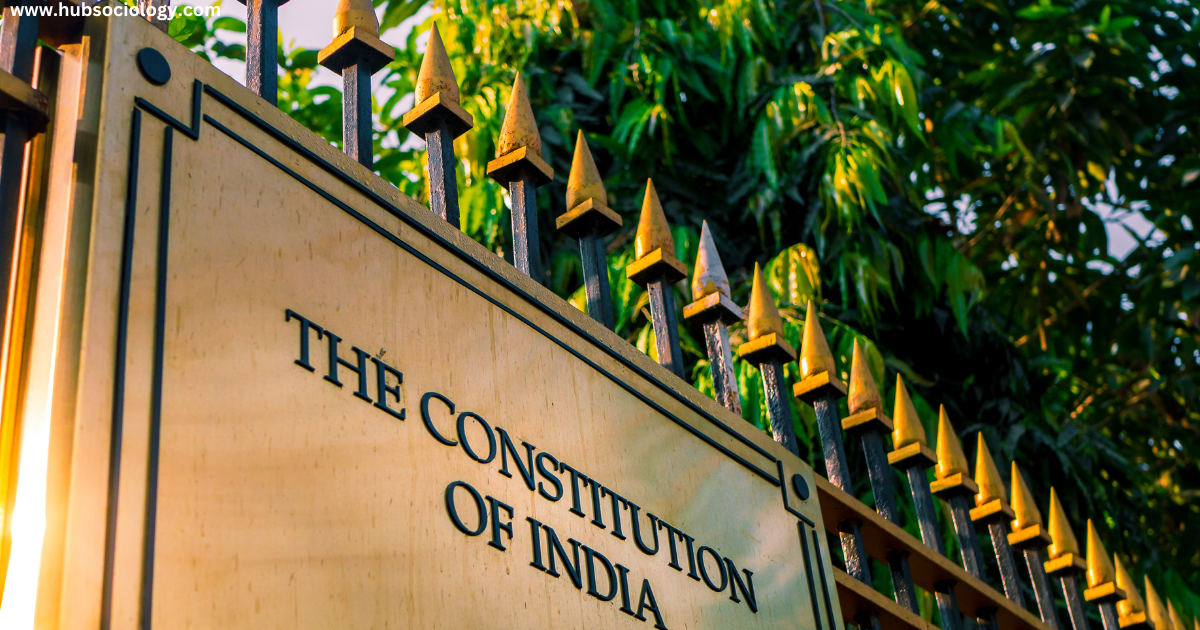The Problem of Insecurity and Violence against Minorities in India
India, a land of diverse cultures, religions, and ethnicities, has long been celebrated for its pluralism and unity in diversity. However, beneath this veneer of harmony lies a persistent and troubling issue: the insecurity and violence faced by minority communities. This problem is not merely a matter of law and order but is deeply rooted … Read more








